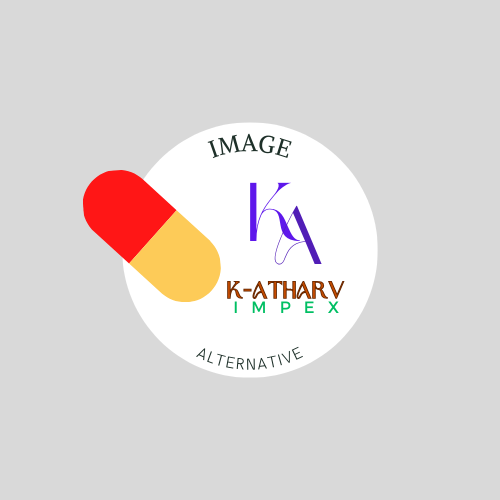- Your cart is empty
- Continue Shopping

Thioplan 100mg Injection
Uses of Thioplan 100mg Injection
- Preparation for allogeneic hematopoietic stem cell transplantation in pediatric patients with class 3 beta-thalassemia
- Treatment of adenocarcinoma of breast and ovary.
- Treatment of superficial papillary cancer of the urinary bladder.
Introduction to Thioplan 100mg Injection
Thioplan 100 mg Injection belongs to the class of medication known as Antineoplastics. It contains the active ingredient Thiotepa. It is prescribed in combination with other anti-cancer drugs before stem cell transplantation for adult patients with cancer in the lymph nodes of the central nervous system. It is used as a Preparation before stem cell transplant to reduce the risk of graft rejection. It controls the outflow within the cavity due to cancer in serous membranes. It is also indicated for treating breast, ovarian, and bladder cancer.
The common side effects that are likely to be associated with Thioplan 100 mg Injection are diarrhea, rashes, bleeding, blood in urine, and cytomegalovirus infection. Inform your doctor if these side effects disturb or persist in you.
Inform your healthcare provider if you are allergic (hypersensitive) to Thioplan 100 mg injection and its ingredients. It is contraindicated in patients using a live virus or bacterial vaccine, including the yellow fever vaccine. If you have a history of cardiac, liver, kidney, and pulmonary disease and profound myelosuppression (anemia, neutropenia, and thrombocytopenia), report to your doctor. Liver and cardiac function must be monitored regularly, and caution is advised in patients with cardiac disease and liver impairment. It is not recommended to use in pregnant and breastfeeding women.
Therapeutic Effects of Thioplan 100mg Injection
Thioplan 100 mg Injection acts by damaging the genetic material (DNA and RNA) of the cancer cells. It stops the growth and multiplication of cancer by directly attacking DNA. This causes the breakage of DNA strands. The process of cross-linking is crucial in exhibiting toxicity in cancer cells. This leads to the exertion of cytotoxic effect and death of tumor cells.
Interaction of Thioplan 100mg Injection with other drugs
Inform your physician about all the prescribed medications, over-the-counter medications, nutritional and vitamin supplements, and herbal products that you take or have taken before the treatment. Certain medications tend to interact with Thioplan 100 mg Injection and can cause undesirable side effects.
More Information about Thioplan 100mg Injection
- Store between 2° to 8°C.
- Protect from light.
- Keep out of reach of children.
How to consume Thioplan 100mg Injection
Thioplan 100 mg Injection should be administered by a qualified physician experienced in high-dose chemotherapy and stem cell transplant. Do not self-administer.
Safety Advices for Thioplan 100mg Injection
Pregnancy
Thioplan 100 mg Injection is unsafe to use during pregnancy as it may cause fetal harm. Hence, Consult your doctor for advice.
Breast Feeding
Breastfeeding while on treatment with Thioplan 100 mg Injection is not recommended. Consult your physician for advice before breastfeeding.
Lungs
It is unknown whether Thioplan 100 mg Injection can be administered in lung failure patients. Please consult the doctor for more advice.
Liver
Inform your physician before taking Thioplan 100 mg Injection if you have liver problems. Ensure that your physician monitors your liver functions regularly.
Alcohol
It is unknown whether it is safe to consume alcohol while taking Thioplan 100 mg Injection. Consult your doctor for advice.
Driving
Thioplan 100 mg Injection is used with caution while driving as it may cause convulsion, hallucination, delirium, dizziness, headache, and blurred vision.
Side Effects of Thioplan 100mg Injection
Side effects are unwanted symptoms caused by medicines. Even though all drugs cause side effects, not everyone gets them.
Serious:
- Severe drop in blood cell count
- Heart problem
- Kidney damage
- Nerve damage
- Lung toxicity
- Liver toxicity
Common:
- Cytomegalovirus infection
- Hemorrhage
- Diarrhea
- Blood in urine
- Rashes

